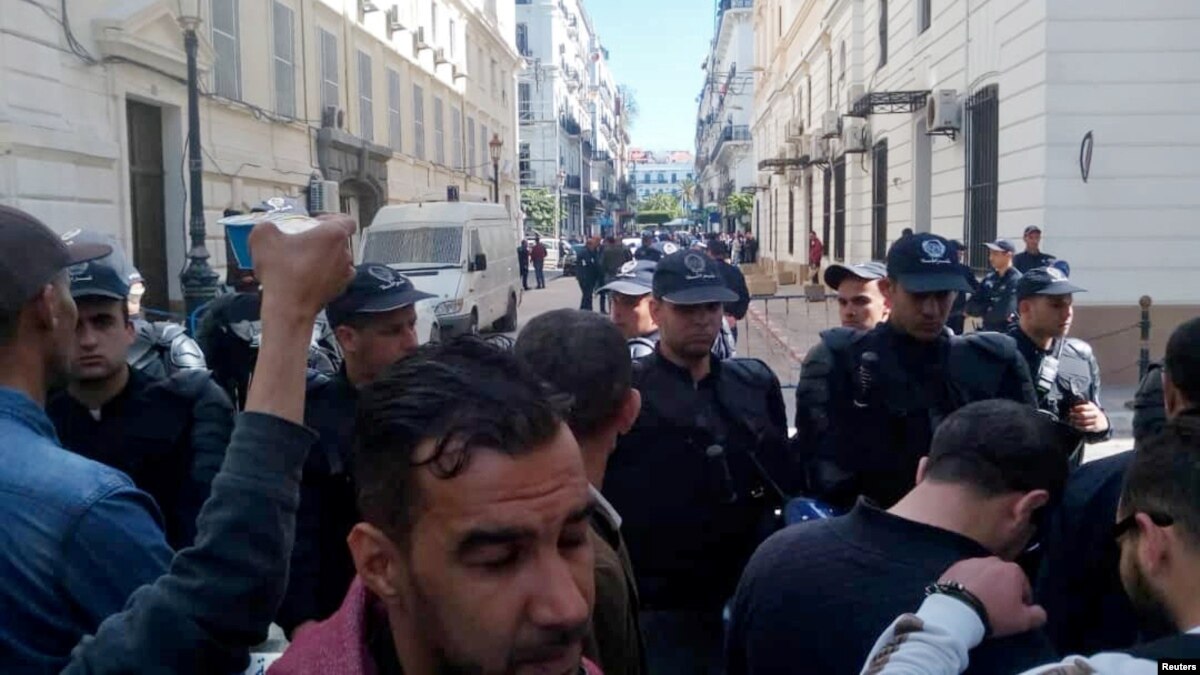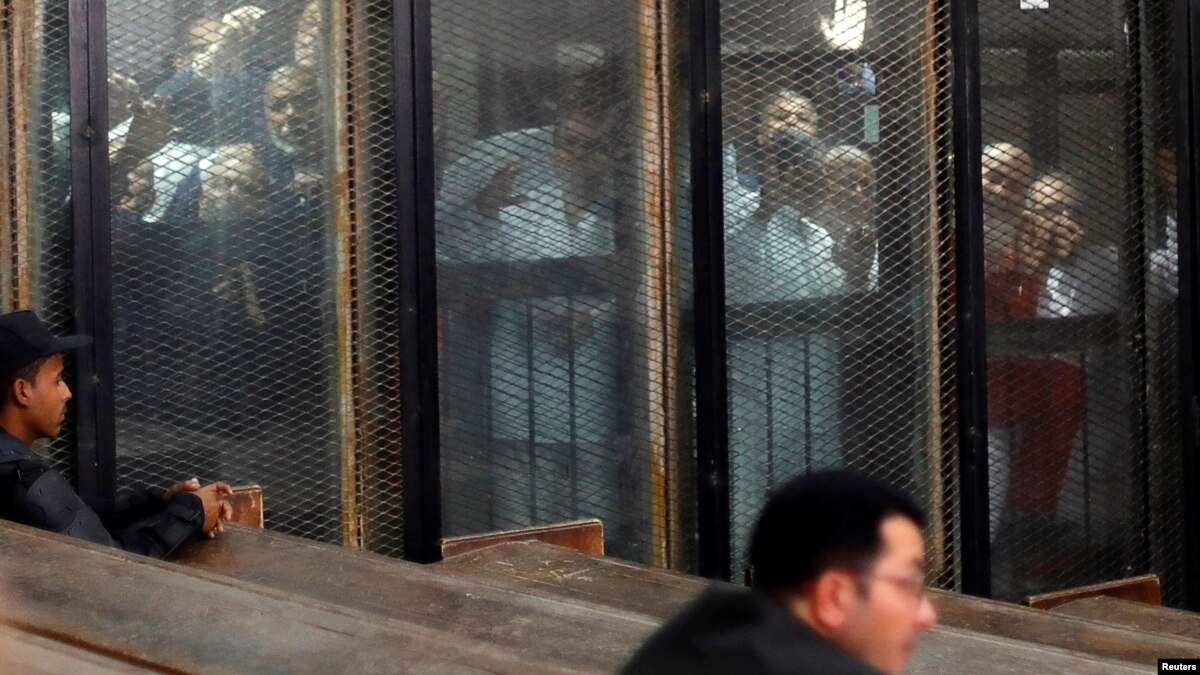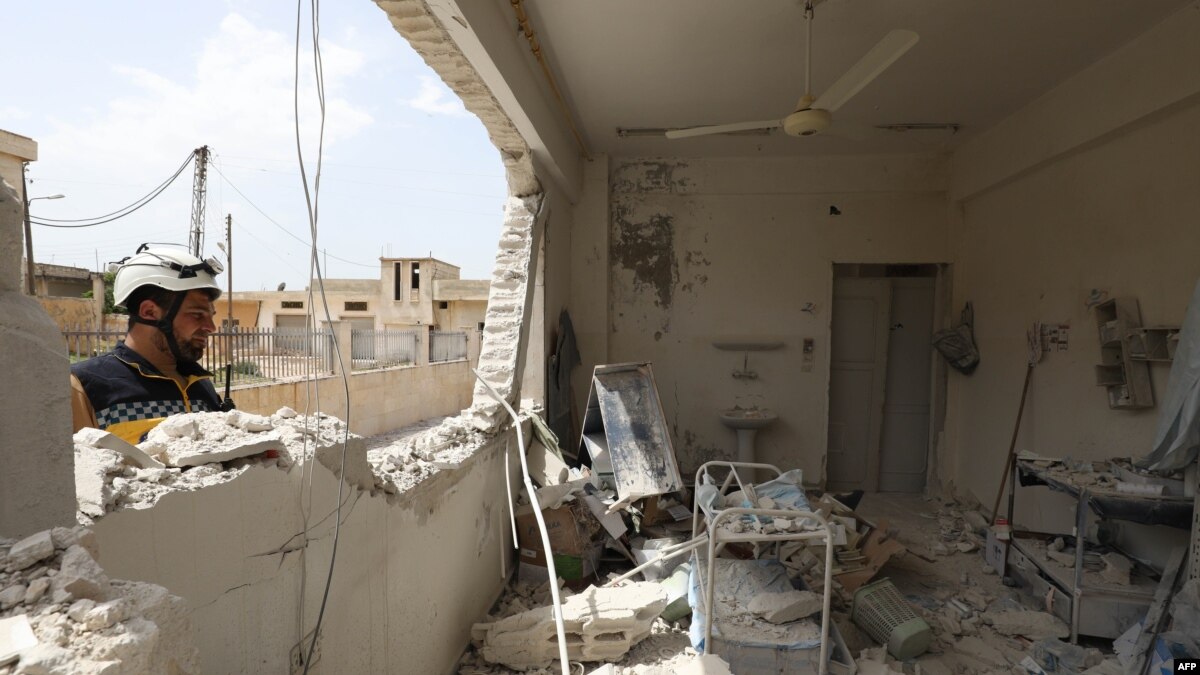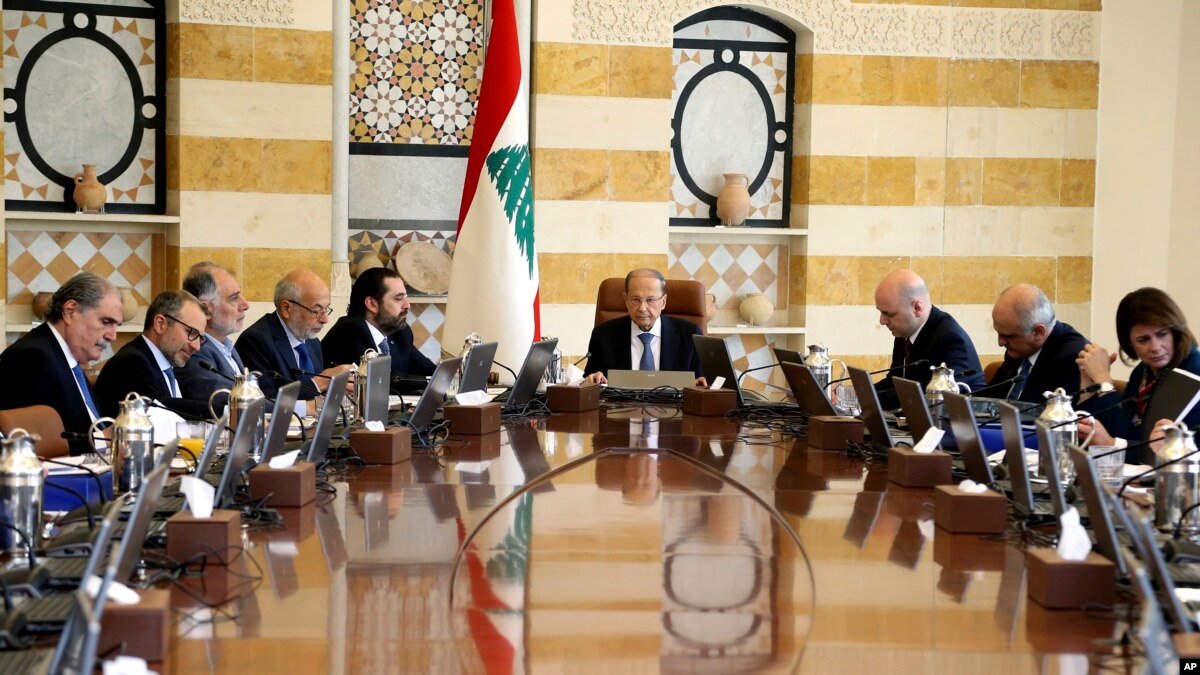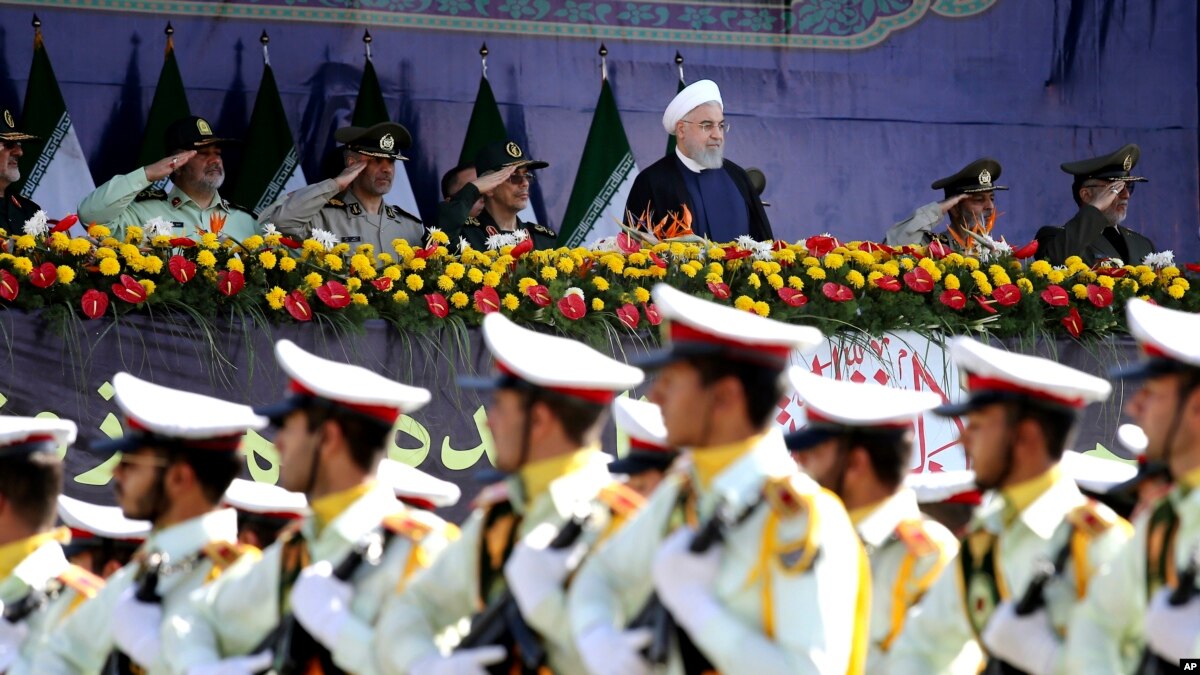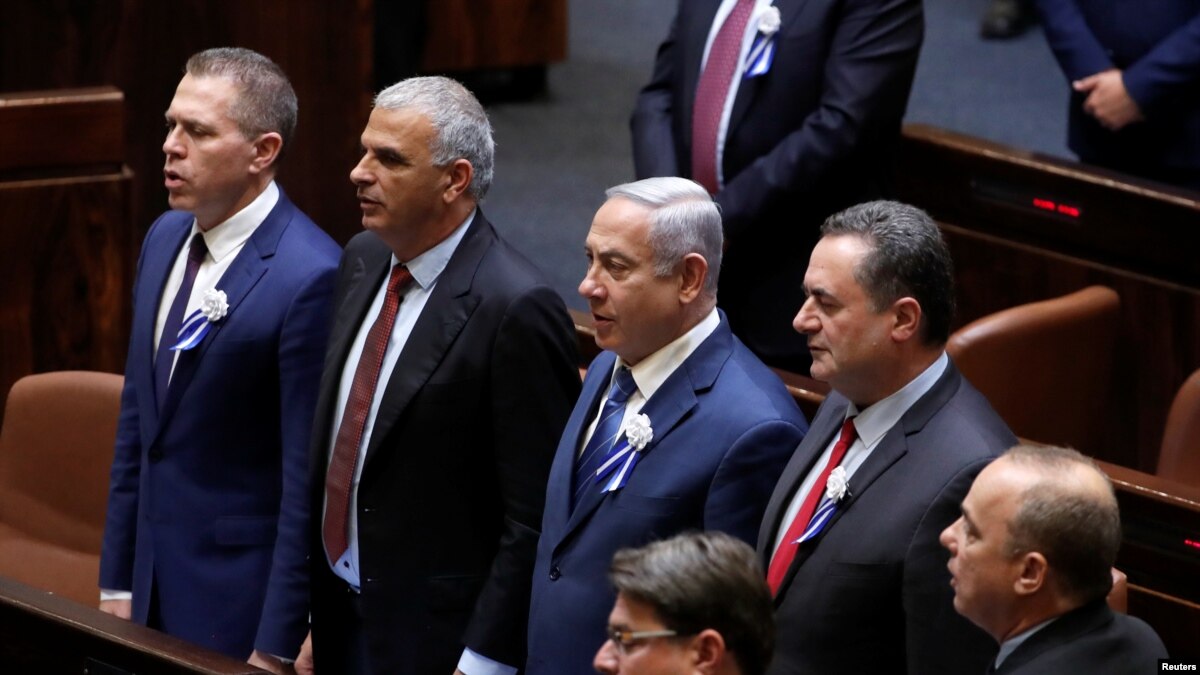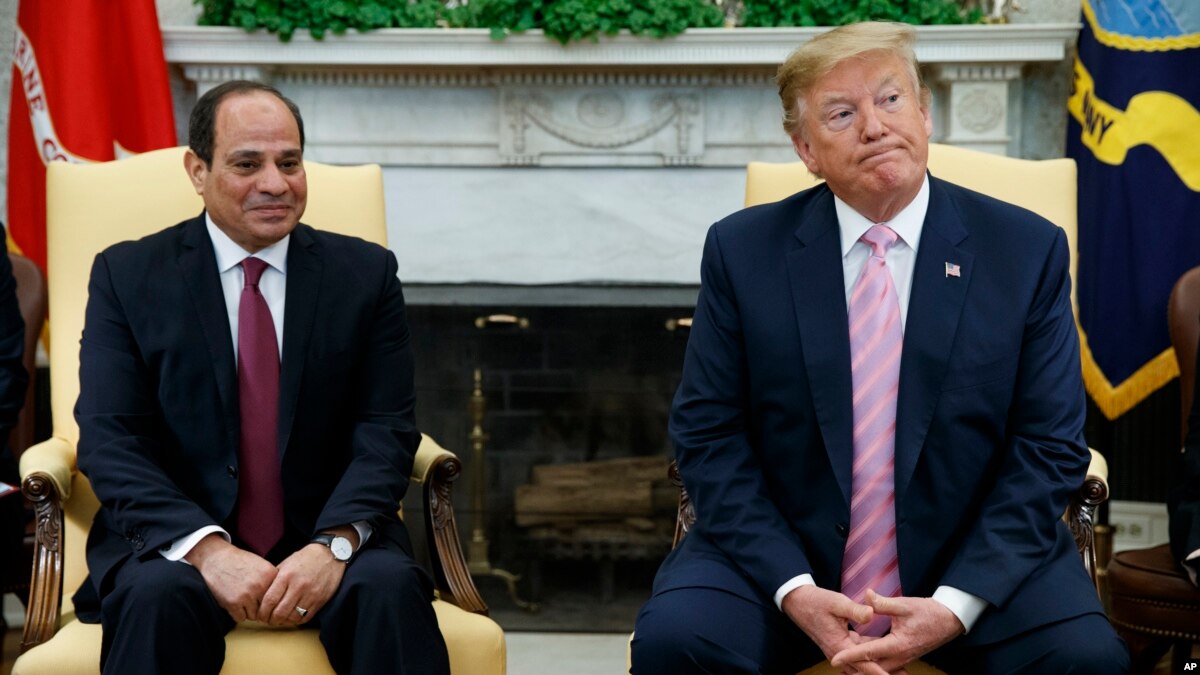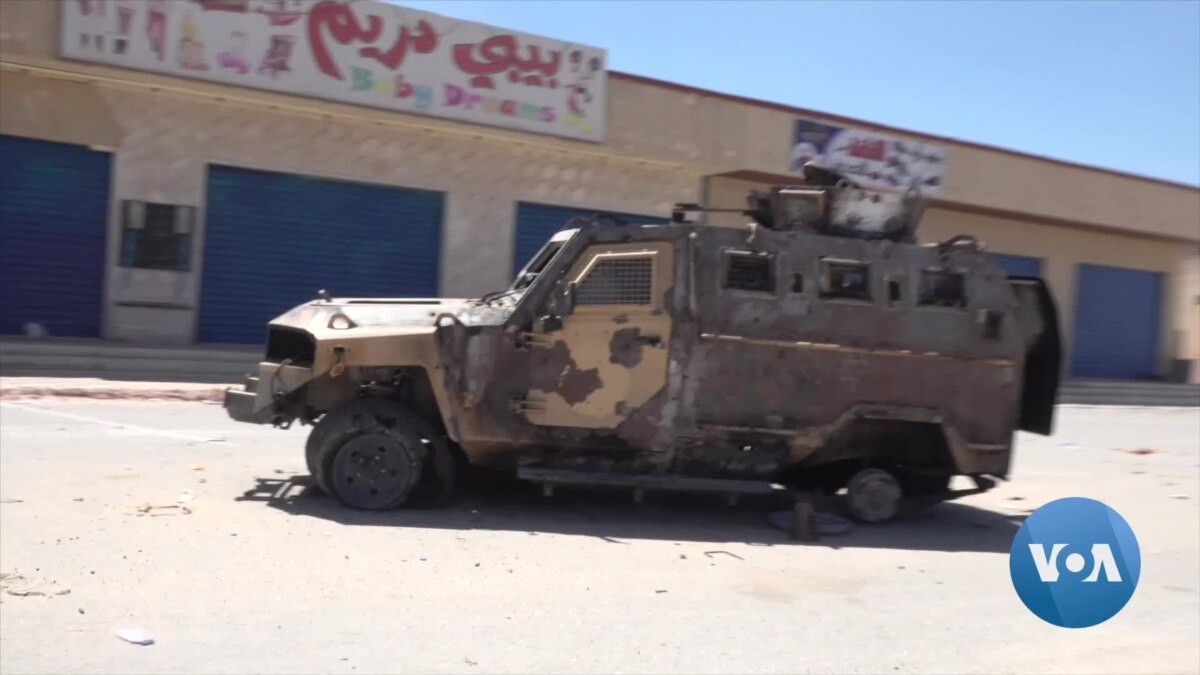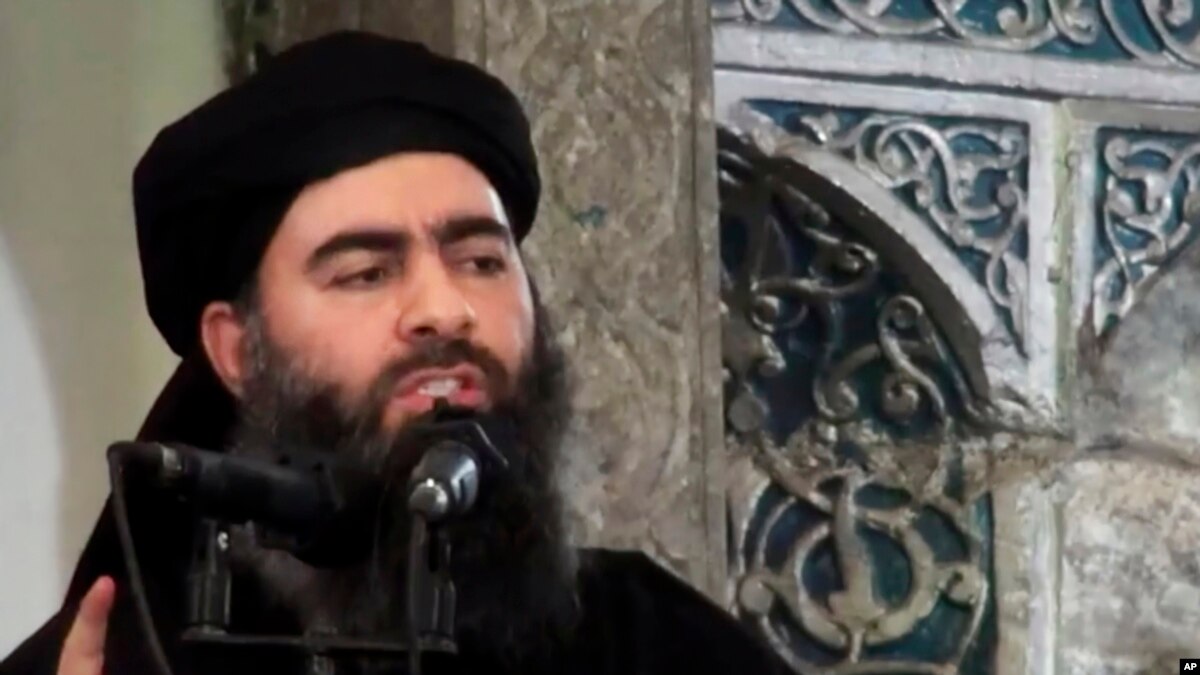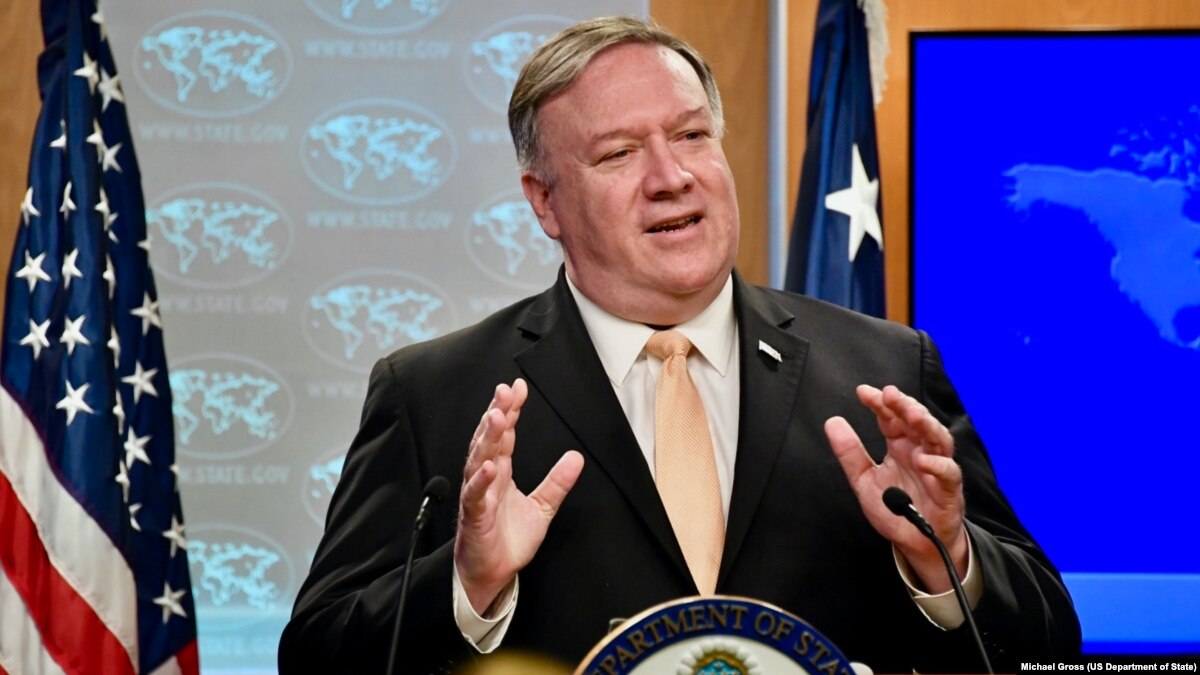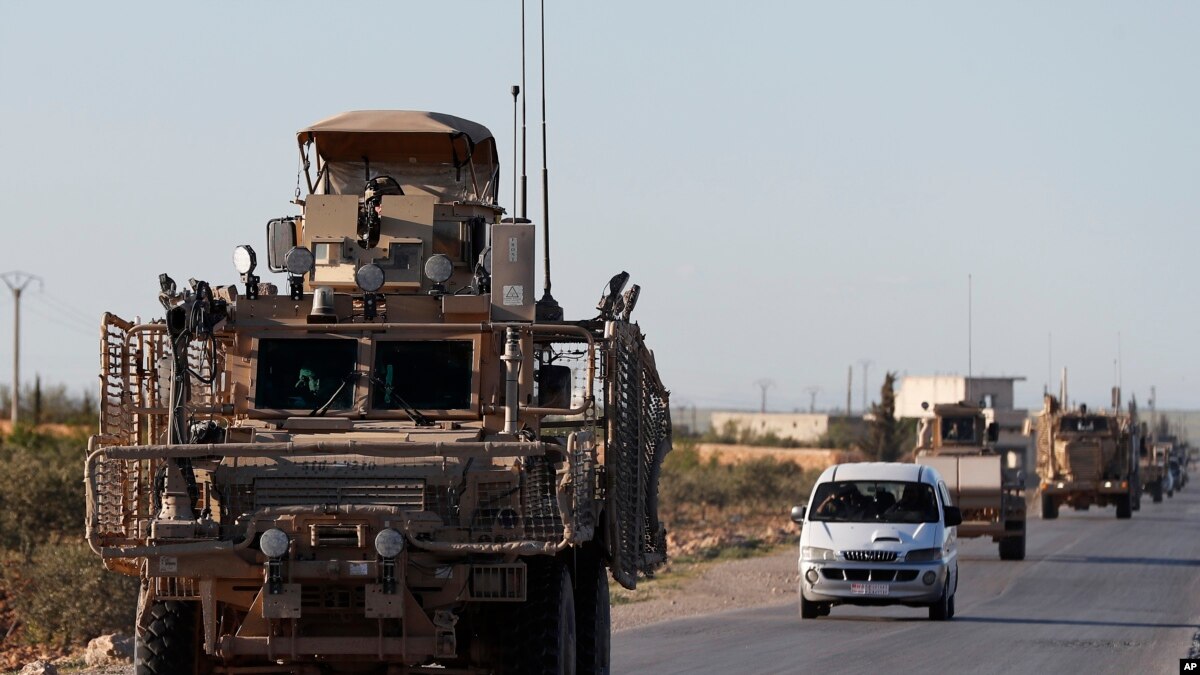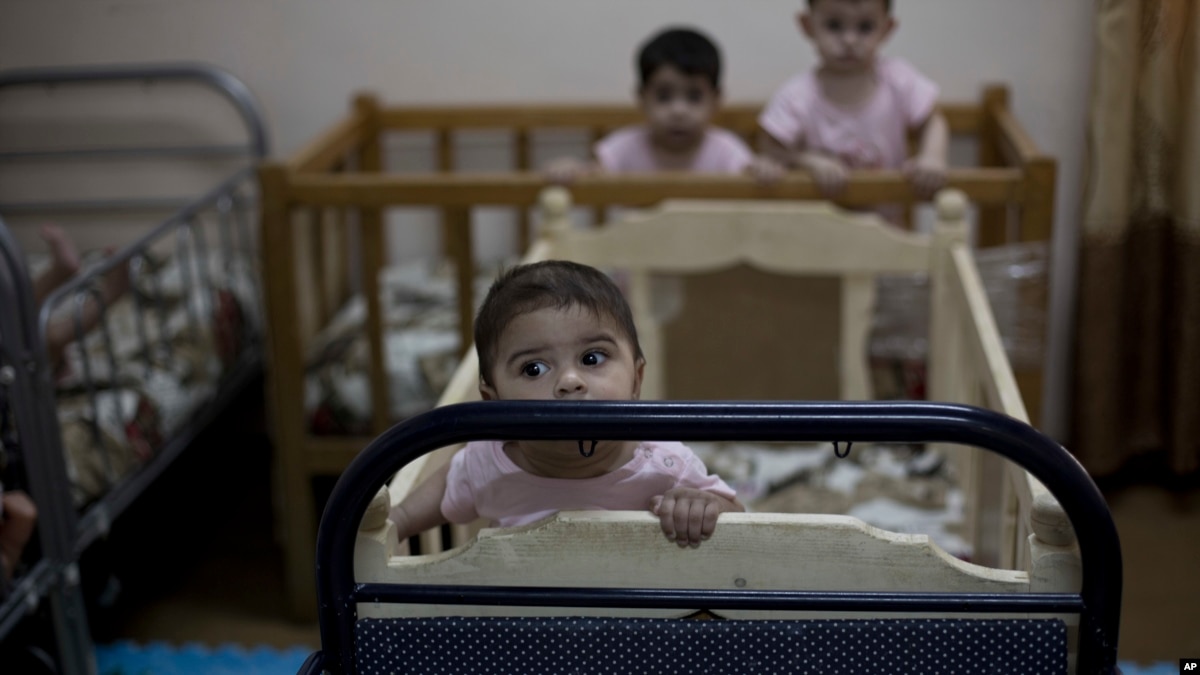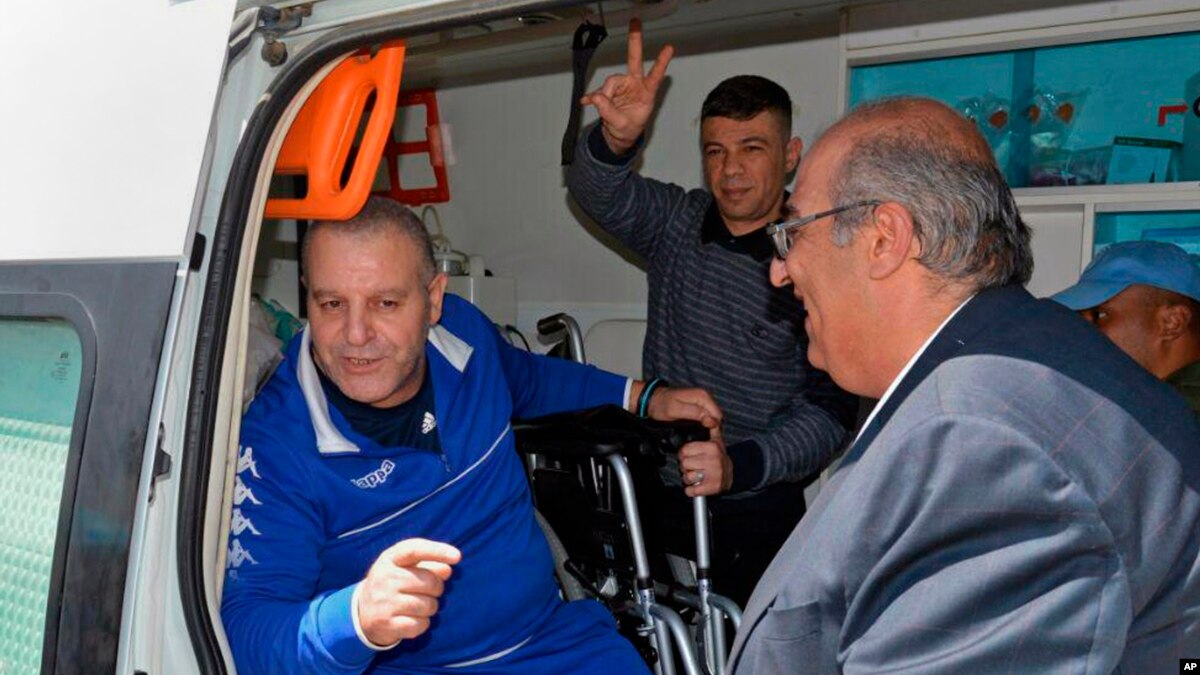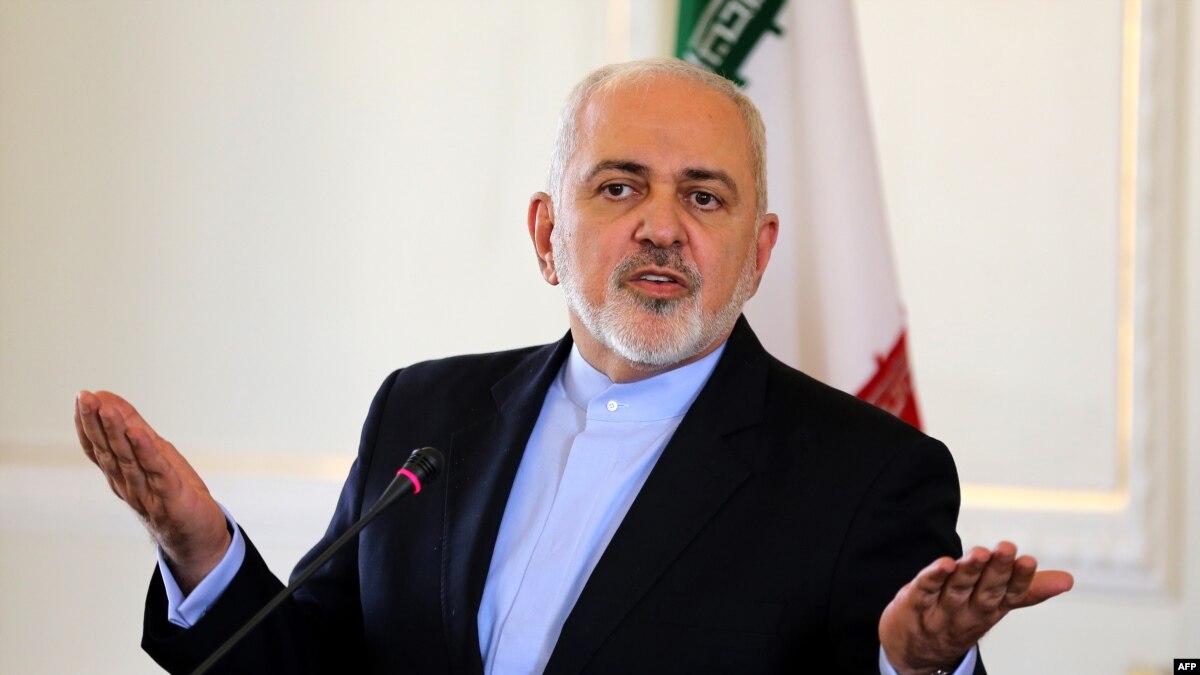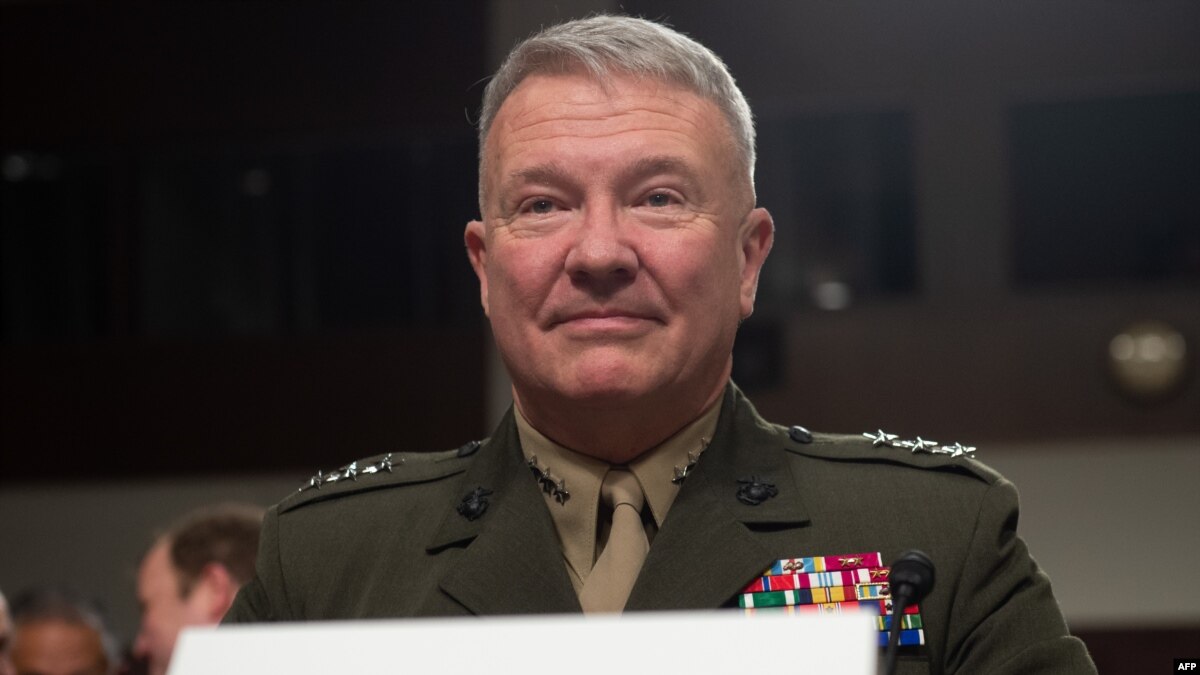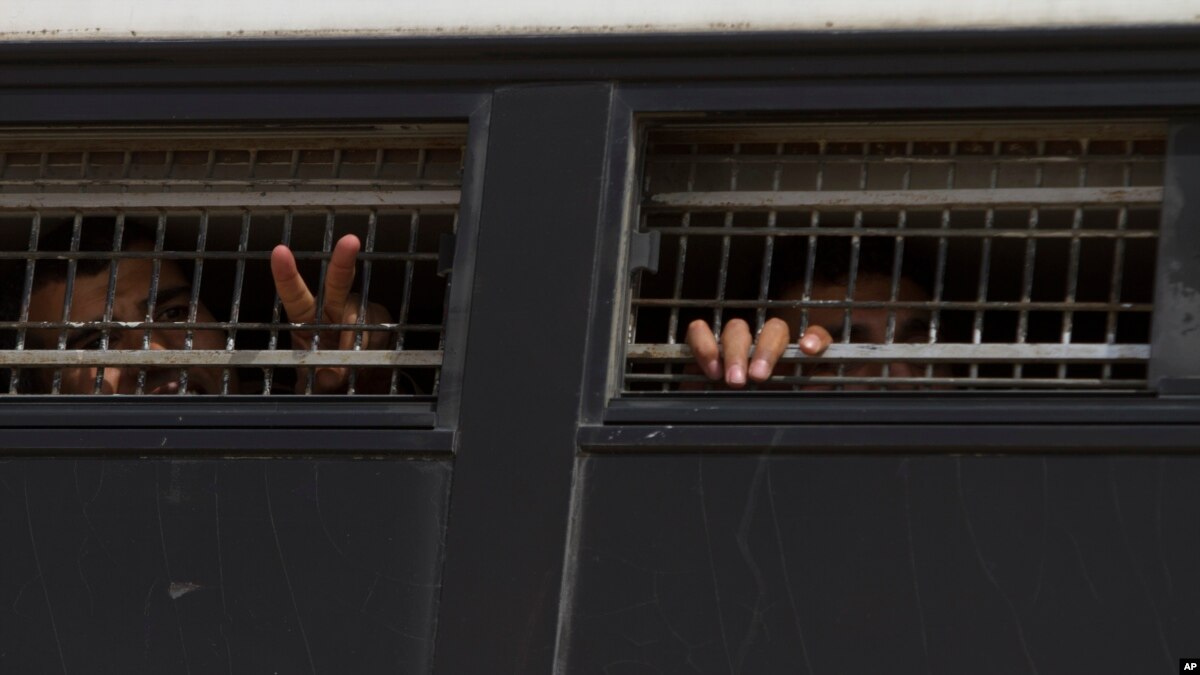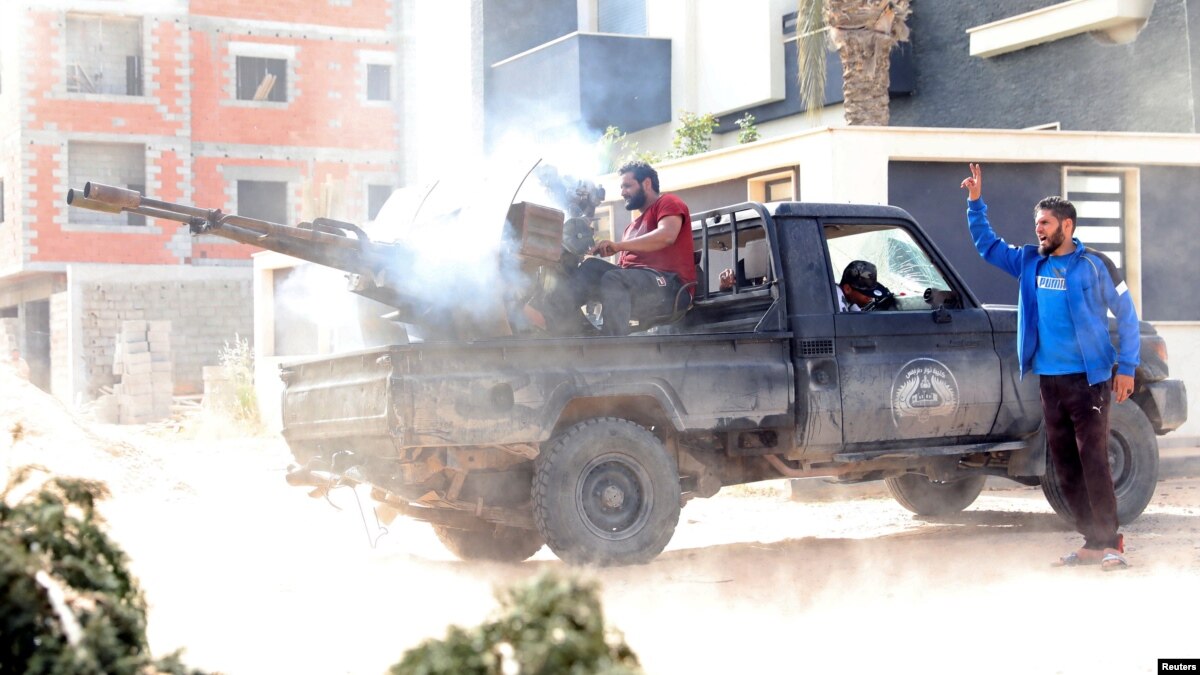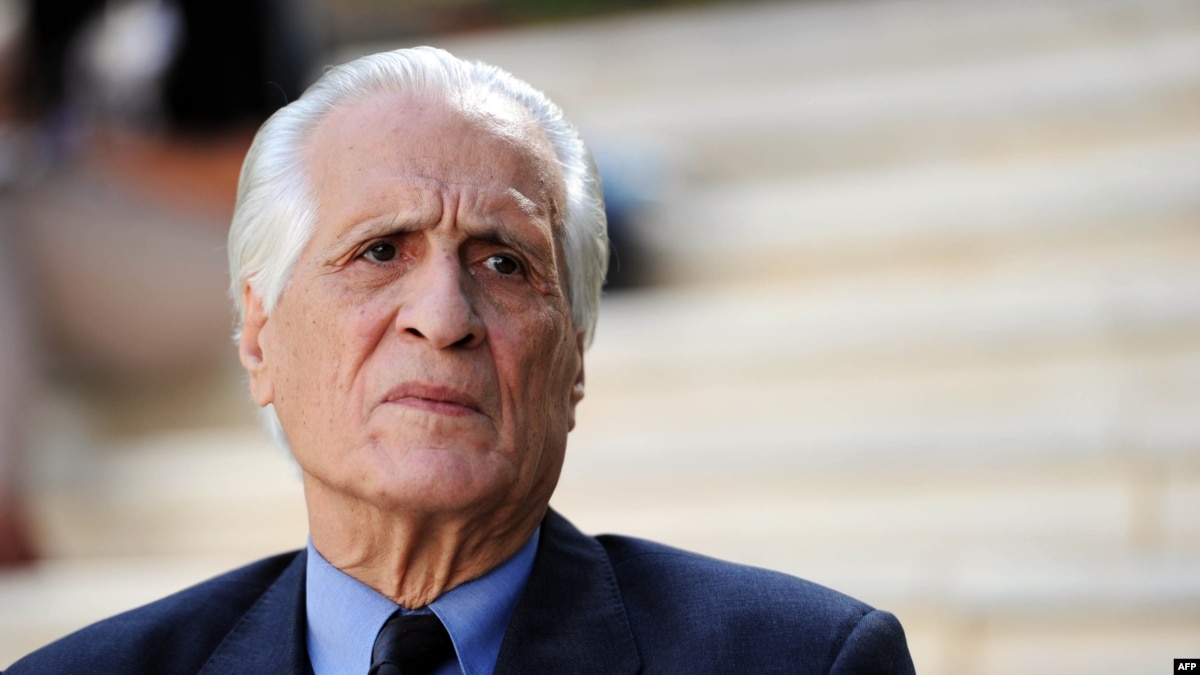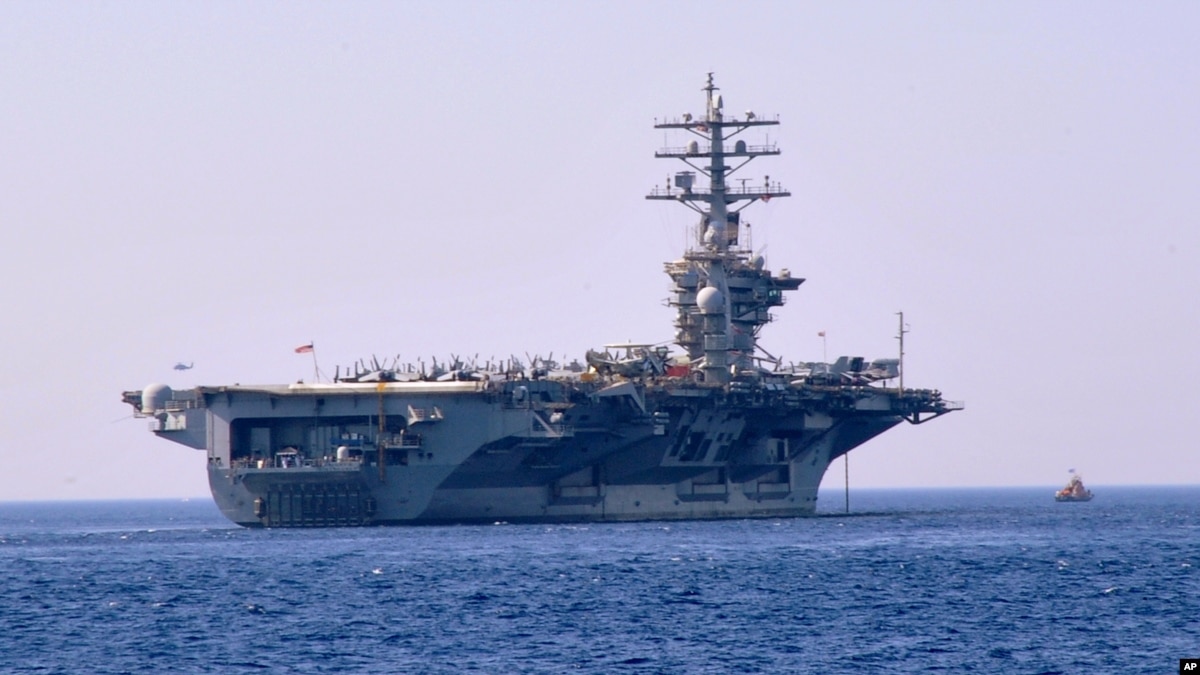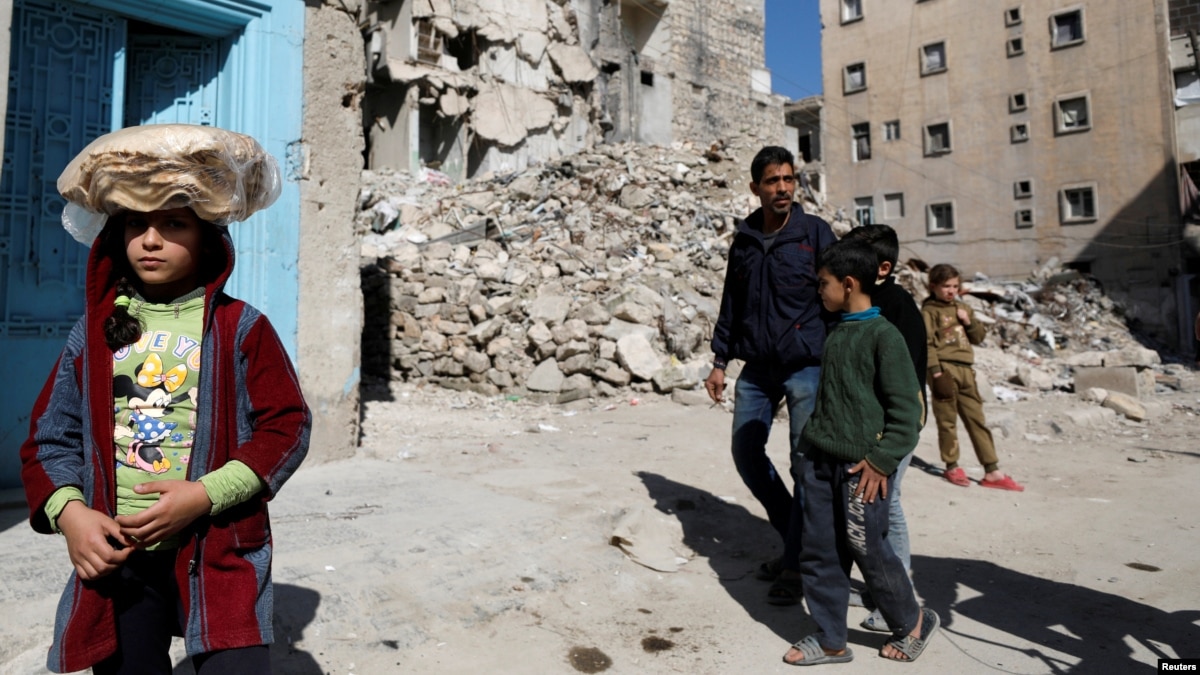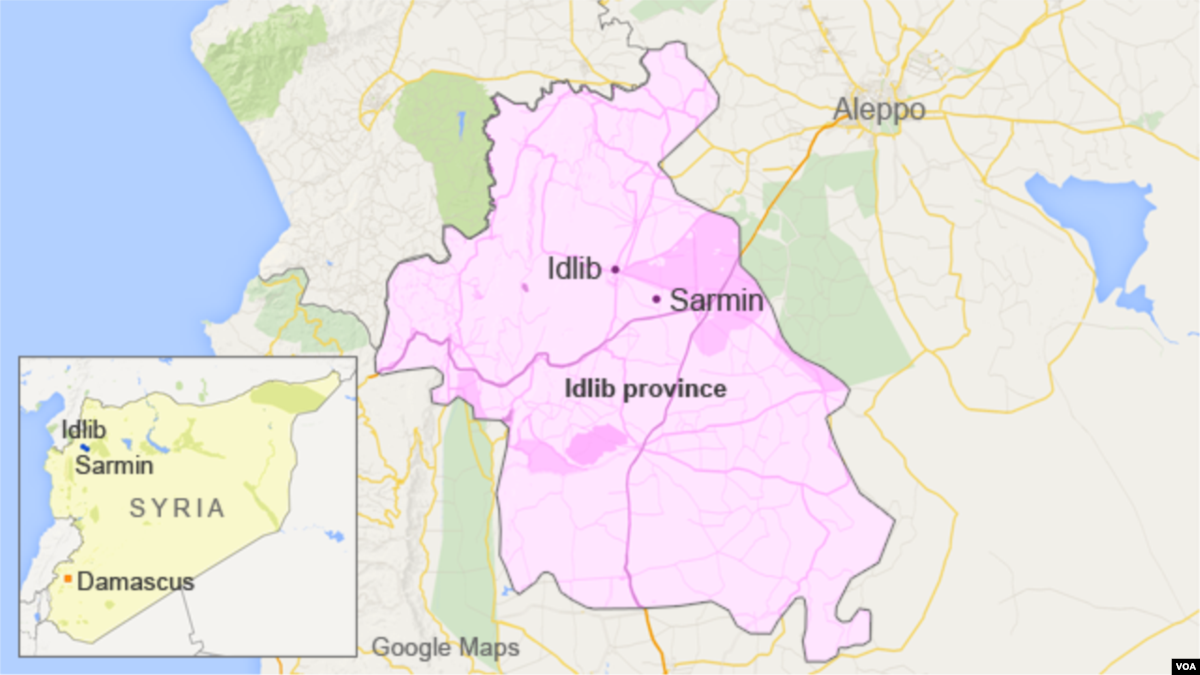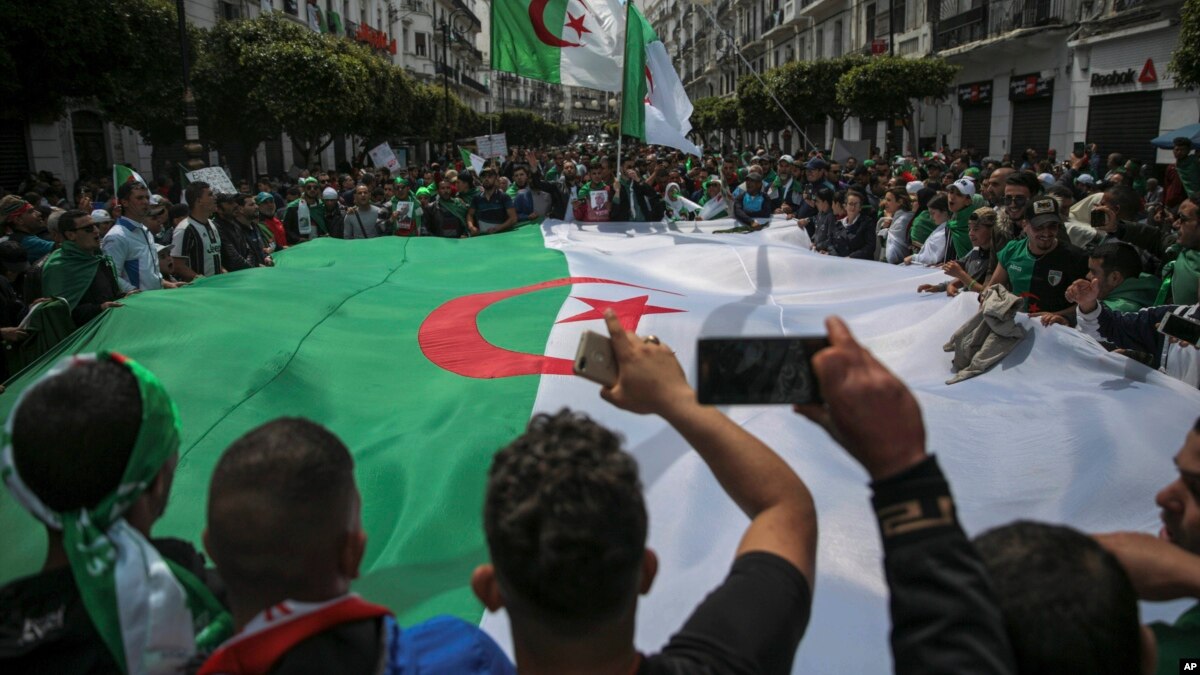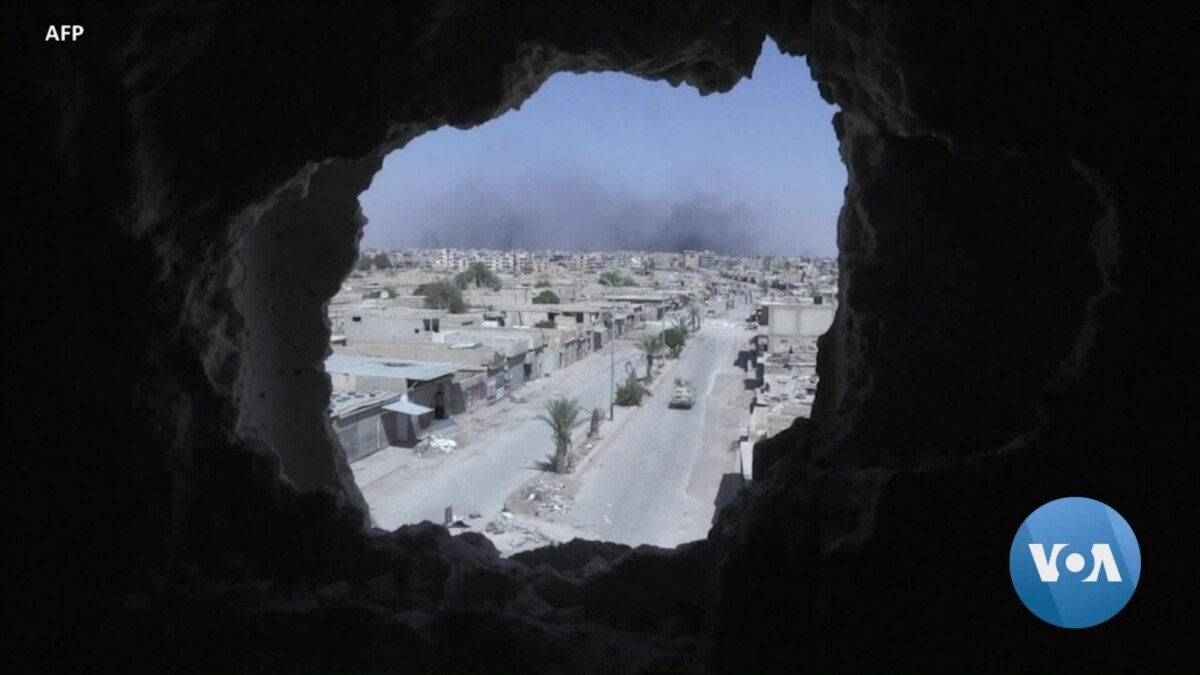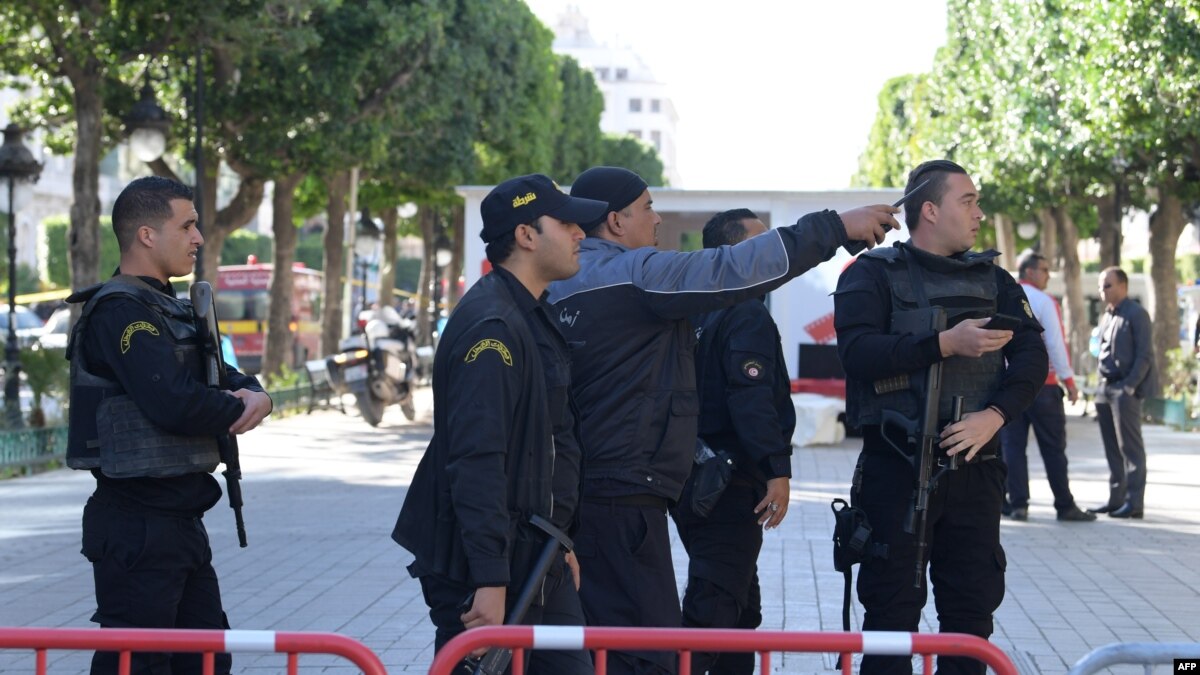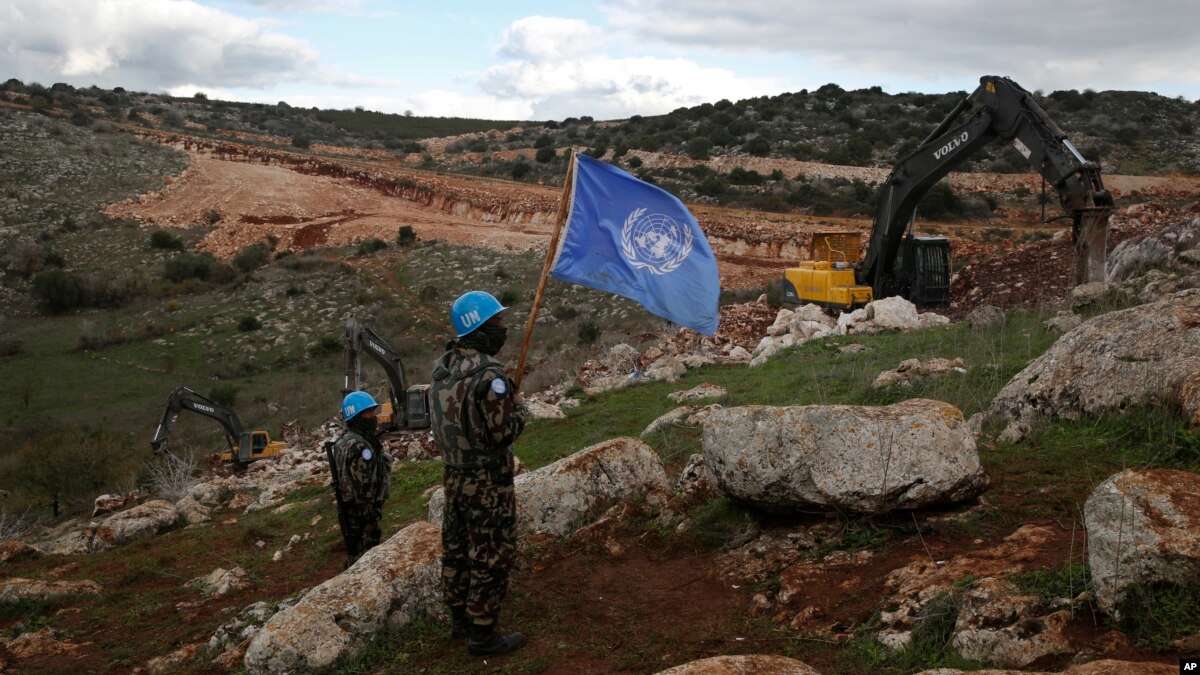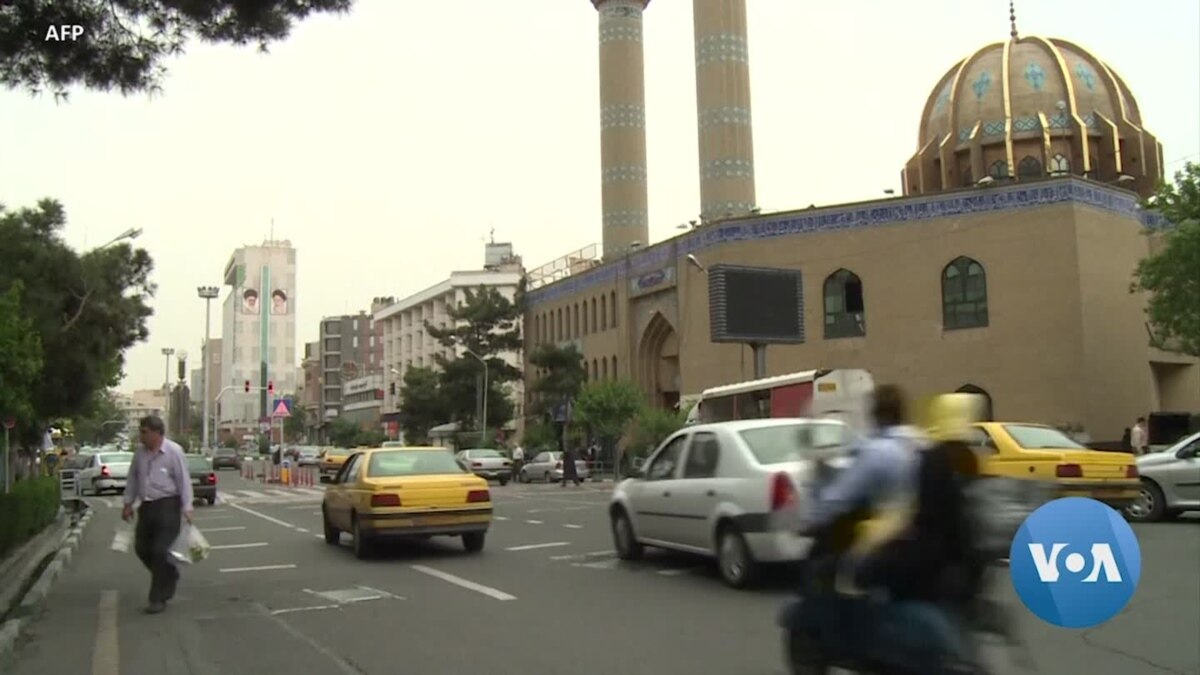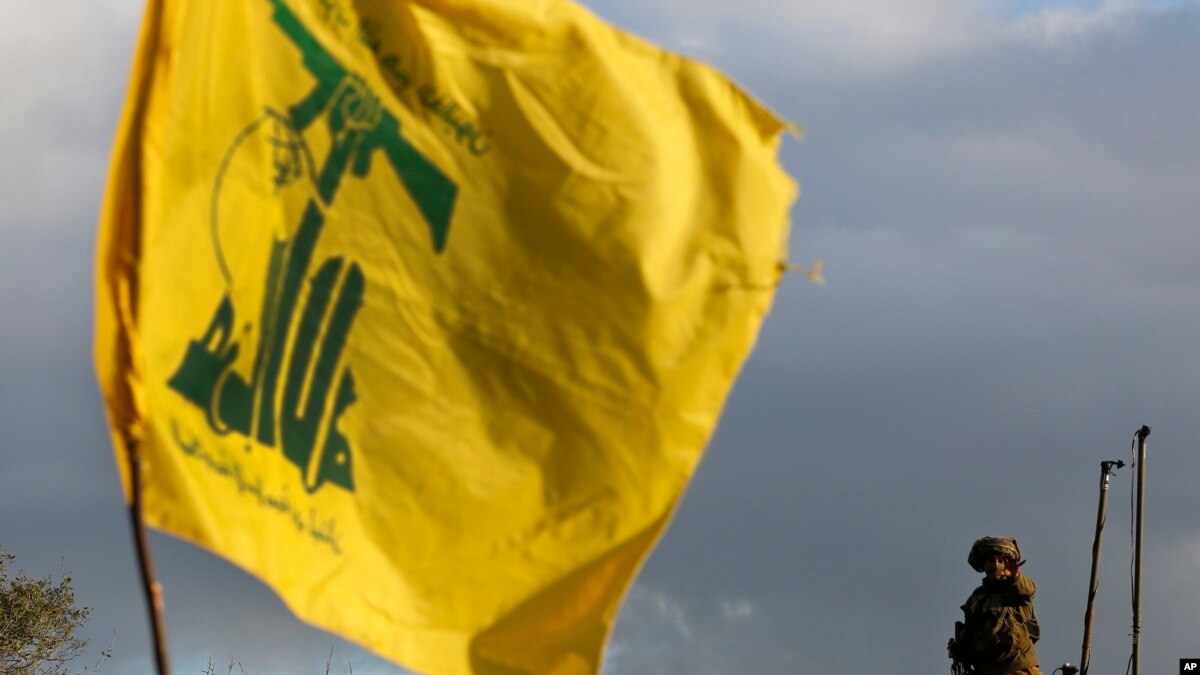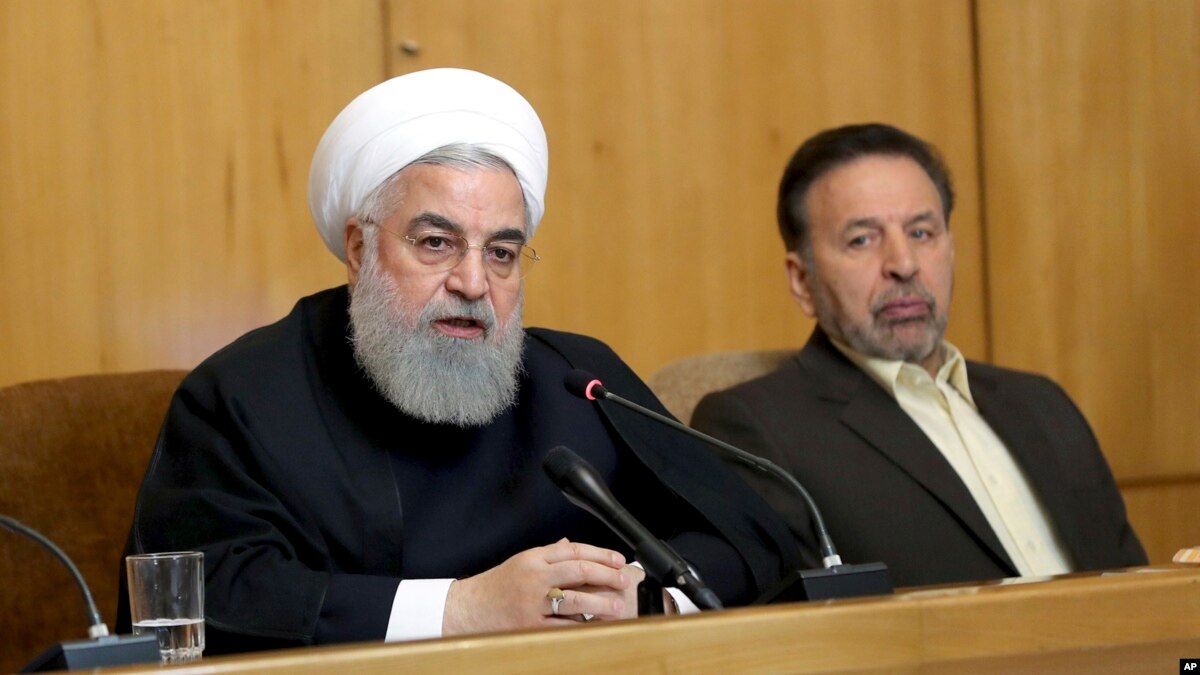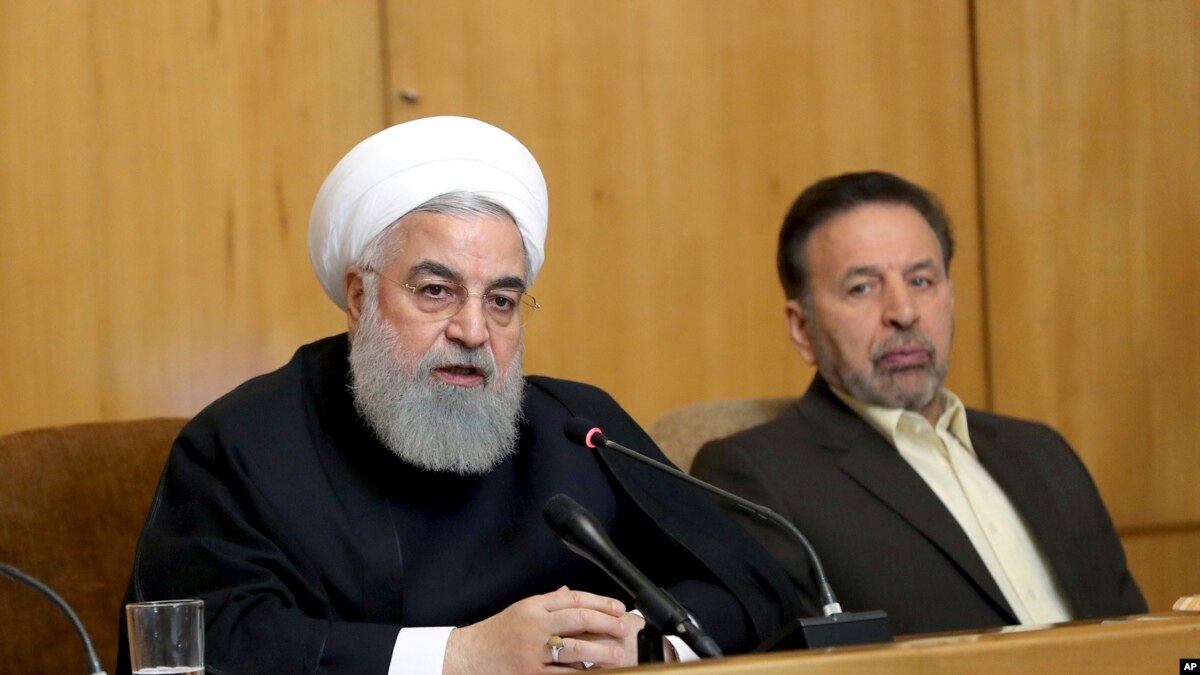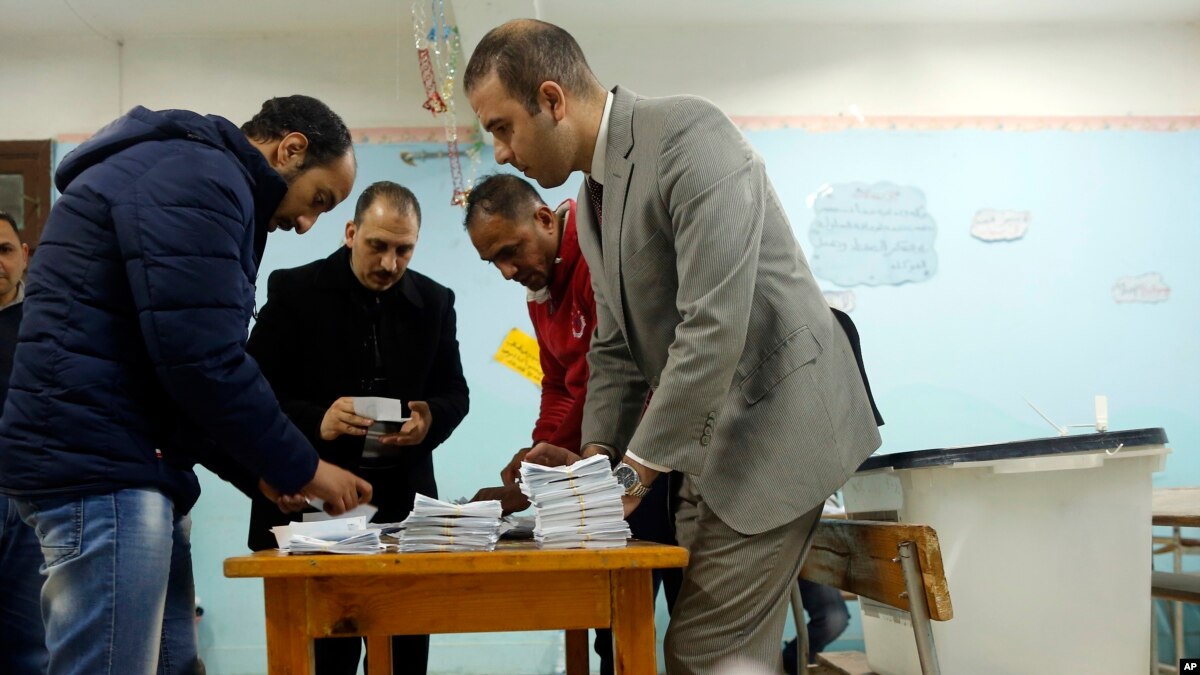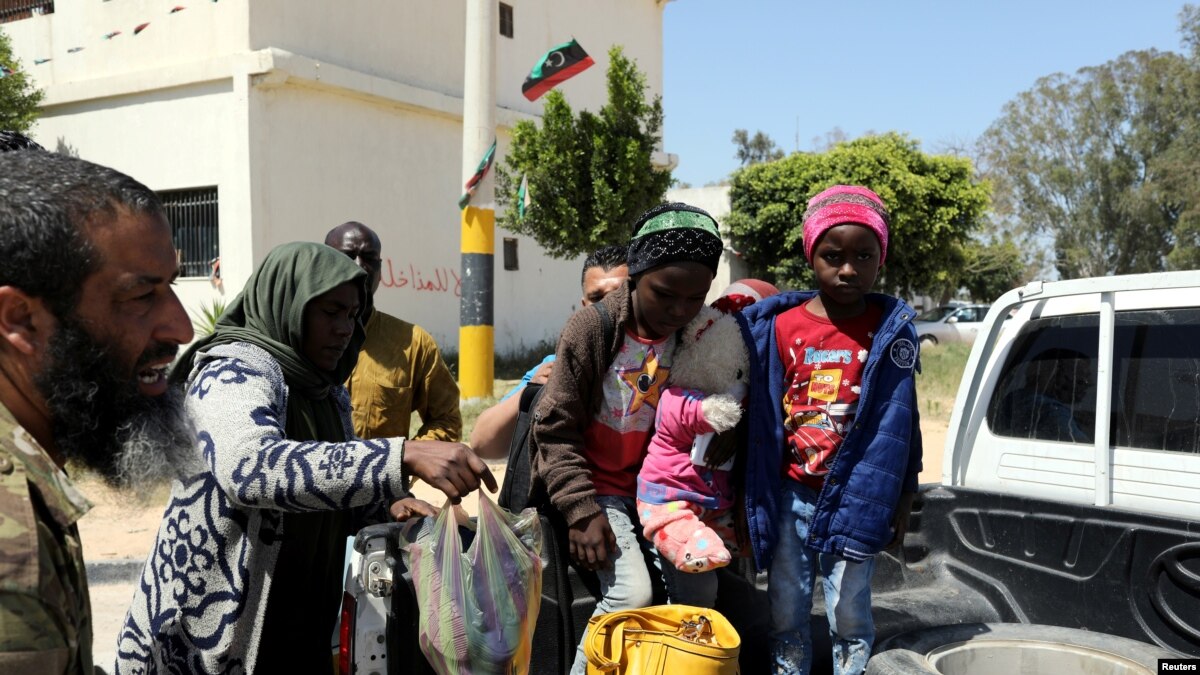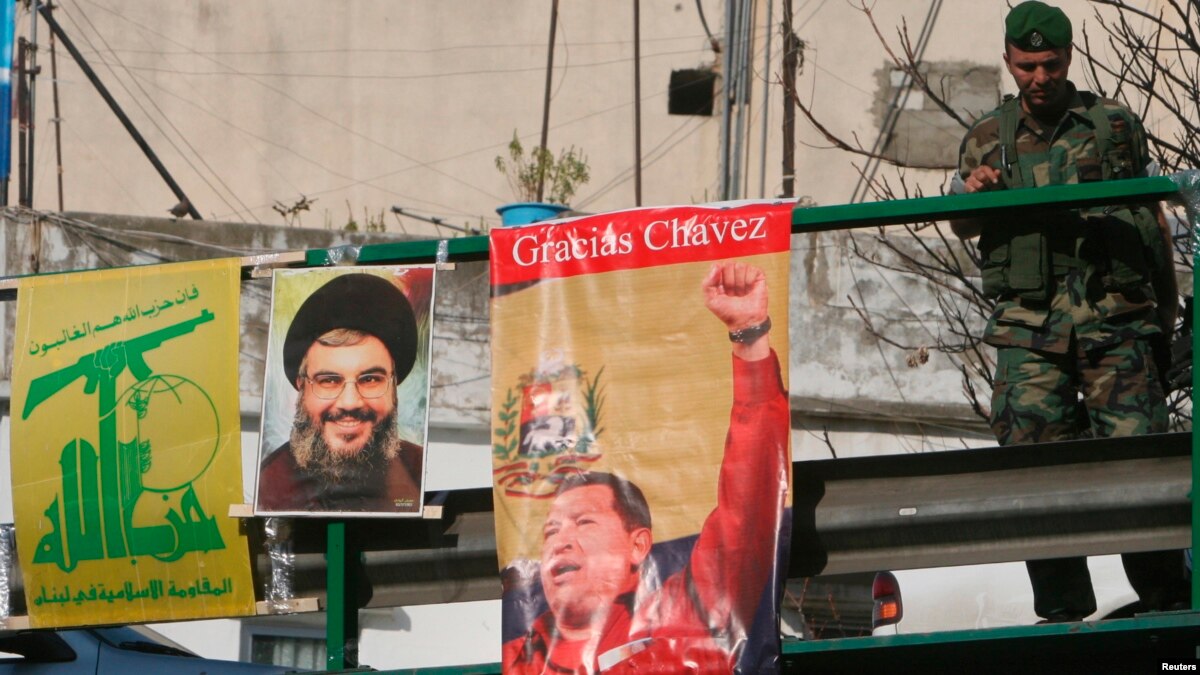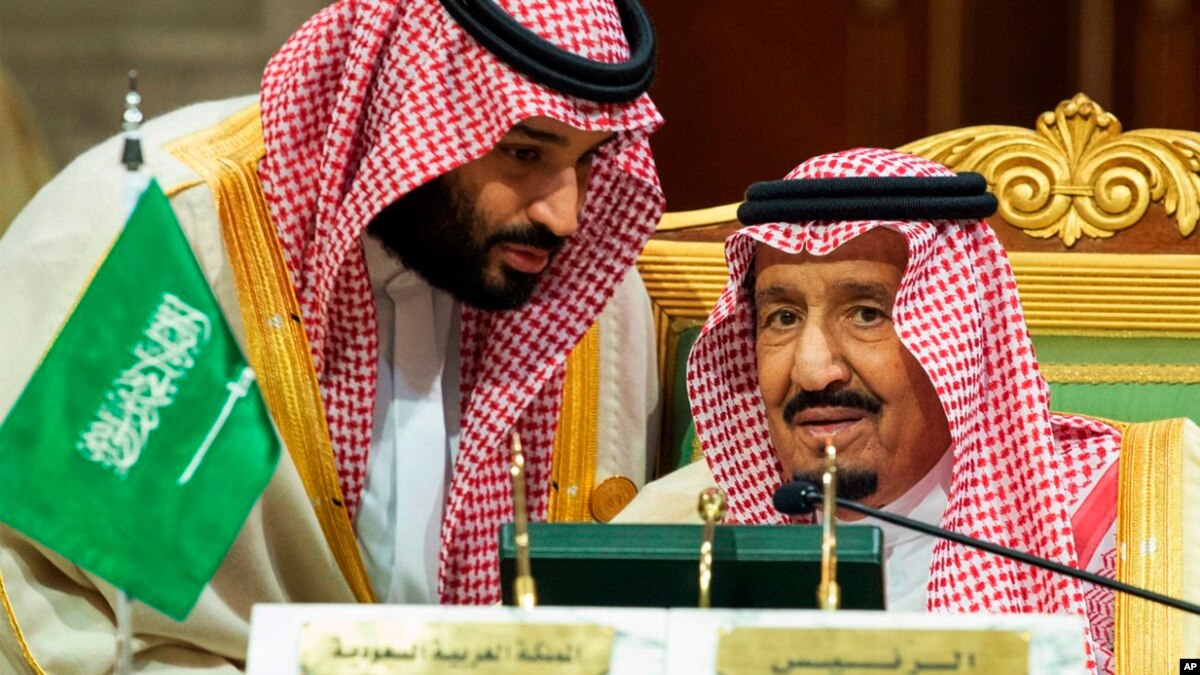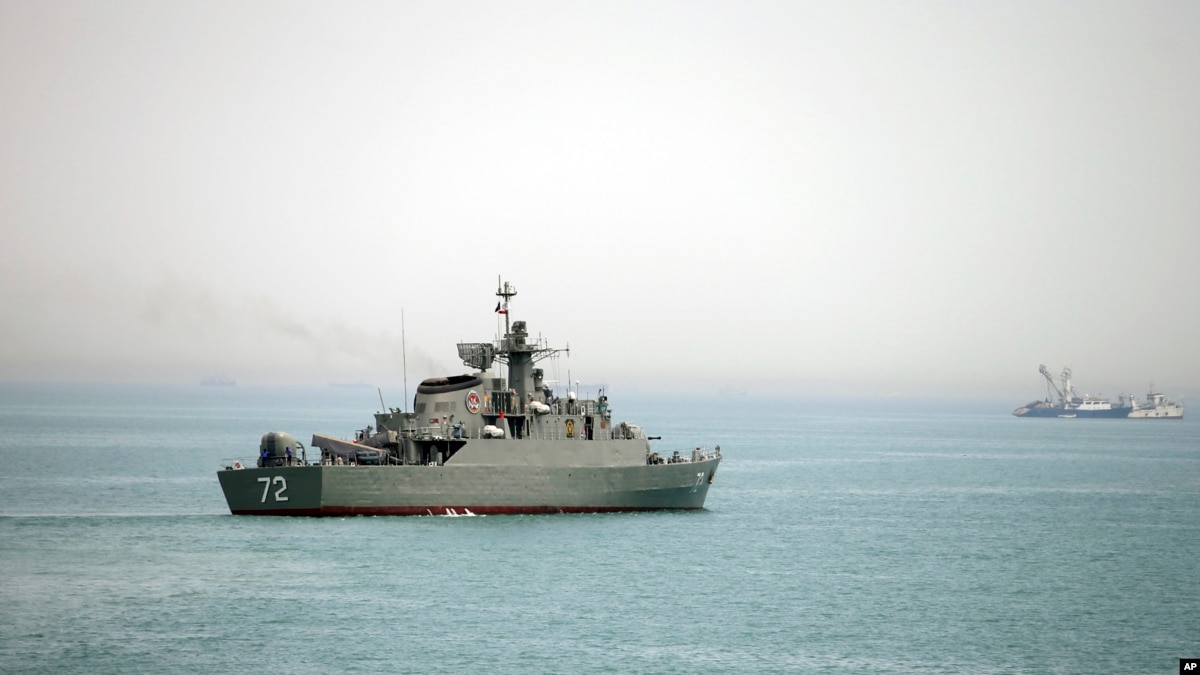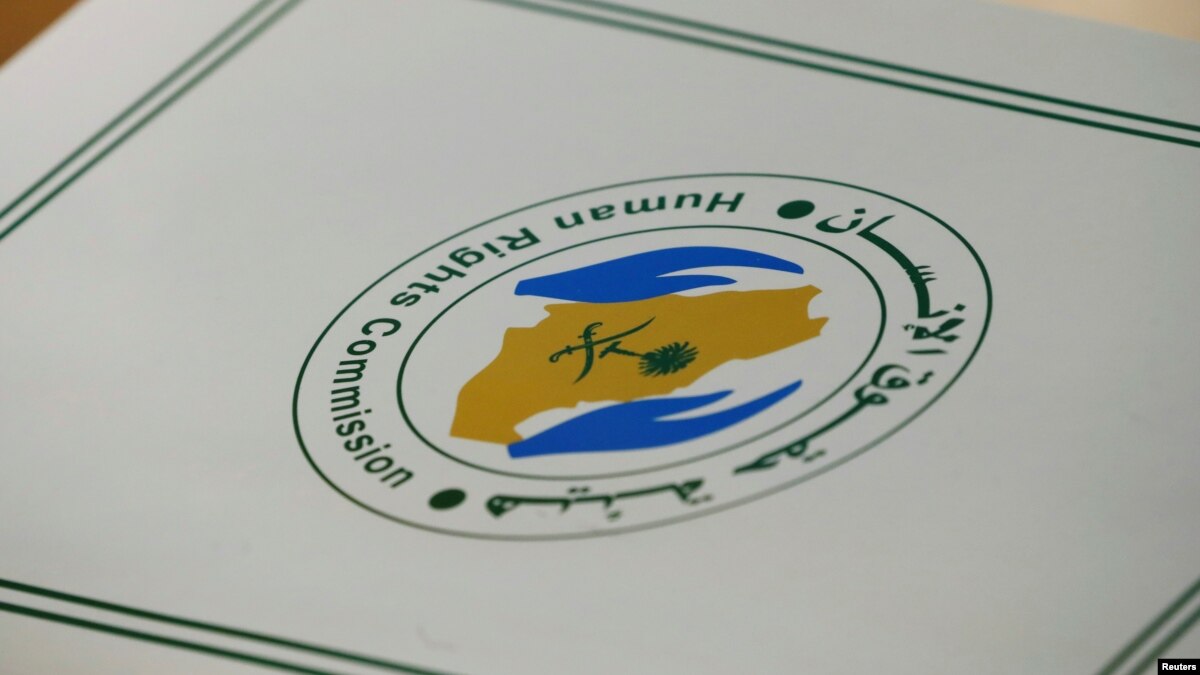
The recent mass execution of dozens of Saudi citizens has drawn wide criticism from rights groups and governments around the world, which have urged Saudi authorities to stop such public executions and put an end to the growing human rights abuses in the Muslim kingdom.
Saudi Arabia last week beheaded 37 Saudi men, of whom 34 were minority Shiites, for alleged terrorism-related crimes.
With an already poor human rights record, Saudi Arabia has seen a growing increase of rights violations, including mass executions, since the powerful Crown Prince Mohammed bin Salman assumed power in 2017, experts say.
“The Saudis have ramped up their crackdown of all forms of dissent within the last couple of years,” said Philippe Nassif, the Middle East and North Africa advocacy director at Amnesty International.
Crackdown on Shiites
But the growing crackdown has increasingly targeted the Shiite minority who make up 10% to 15% of the country’s population, experts said.
“The recently executed men… many of them have been part of the broader crackdown against the Shiite minority in Saudi Arabia. That has been going on for a long time. But it seems to have been ramped up more recently under Crown Prince Mohammad bin Salman,” Nassif told VOA in a phone interview.
He added that Saudi officials see “there is a very anti-Iranian climate in Washington and they try to link the Shiite communities of any country, whether it’s there or Lebanon or Yemen, to Iran all the time to justify their behavior at home and abroad.”
Mass executions
Last week’s executions marked the largest number of executions in a single day in Saudi Arabia since 2016, when the government executed 47 people for terrorism-related crimes.
Among those executed in 2016 were four Shiite activists, including prominent Shiite cleric Nimr al-Nimr, whose death sparked protests among Shiite communities throughout the region. In Iran, a Shiite-majority country, protesters attacked the Saudi Embassy in Tehran.
Saudi-Iranian ties have not recovered, and the embassy remains closed.
At the time, Iranian supreme leader Ayatollah Ali Khamenei called the mass execution a crime against humanity.
Cautious criticism
This time, however, Iranian officials were cautious when reacting to the recent executions carried out by the kingdom.
Iranian Foreign Minister Mohammad Javad Zarif condemned the attack in a tweet last week: “After a wink at the dismembering of a journalist, not a whisper from the Trump administration when Saudi Arabia beheads 37 men in one day—even crucifying one two days after Easter. Membership in the #B_team—Bolton, Bin Salman, Bin Zayed & “Bibi”— gives immunity for any crime.”
Analysts believe that Iran’s deteriorating relations with the U.S. under the Trump administration have forced Iran to abstain from getting involved with new issues in the Middle East.
“Turning a blind eye to [executions of Shiites in Saudi Arabia] shows that the political stance has drastically changed in Tehran and decision-makers do not tend to change it in the near future,” said a Tehran-based analyst, who spoke to VOA on the condition of anonymity for fear of prosecution by Iranian authorities.
“The current confrontation with Washington, through sanctions and political pressures has put Tehran in a position not looking for more drama in the region,” he said.
Since May 2018, when the U.S. withdrew from the 2015 nuclear deal with Iran, the Trump administration has imposed a growing number of sanctions against Tehran for what U.S. officials call Iran’s destabilizing role in the Middle East.
Nassif, of Amnesty International, said these sanctions have made Iran react cautiously against U.S. allies in the region.
The Iranians “see the Saudi royal family being completely protected by the United States. They are worried that the U.S. will find an excuse to continue to tighten the noose around the Iranians. So they don’t want to make anything worse,” he said.
Some analysts also charge that the strong reaction from the international community regarding Tehran’s handling of the 2016 attacks on the Saudi embassy have made Tehran to act more cautiously this time around.
“I don’t think Iranian officials are willing to make a noise about this as they did in 2016,” said Karim Dahimi, a London-based Iranian affairs analyst.
“For example, since the mass execution last week in Saudi Arabia, we haven’t seen any orchestrated protests or rallies to protest those executions,” he added.
U.S. stance
A State Department spokesperson told U.S. media that the United States is urging the government of Saudi Arabia to ensure fair trail guarantees for suspects under detention.
“We have seen these reports. We urge the government of Saudi Arabia and all governments to ensure fair trial guarantees, freedom from arbitrary and extrajudicial detention, transparency, rule of law, and freedom of religion and belief,” a State Department spokesperson told ABC News when asked about the executions carried out by Saudi Arabia.
Meanwhile, the U.S. Commission on International Religious Freedom, which advises the White House, the State Department and Congress, this week named Saudi Arabia as one of the 16 countries in its annual report for committing “particularly severe” abuses of religious freedoms.
Following the death of U.S.-based Saudi journalist Jamal Khashoggi in October 2018, a bipartisan group of U.S. senators introduced a bill that requires sanctions on those responsible for the killing.
The bill also imposes sanctions on individuals for various activities related to the civil war in Yemen.
Analyst Nassif believes the bill could change Saudi behavior when it comes to its alleged human rights abuses.
“This is scaring the Saudis because they’re seeing a bipartisan consensus [in the U.S.] to be growing against their behavior not just in Yemen but in a broader sense,” he said.
Read More Growing Concerns Over Saudi Arabia’s Rights Abuses : http://bit.ly/2Jewk0z